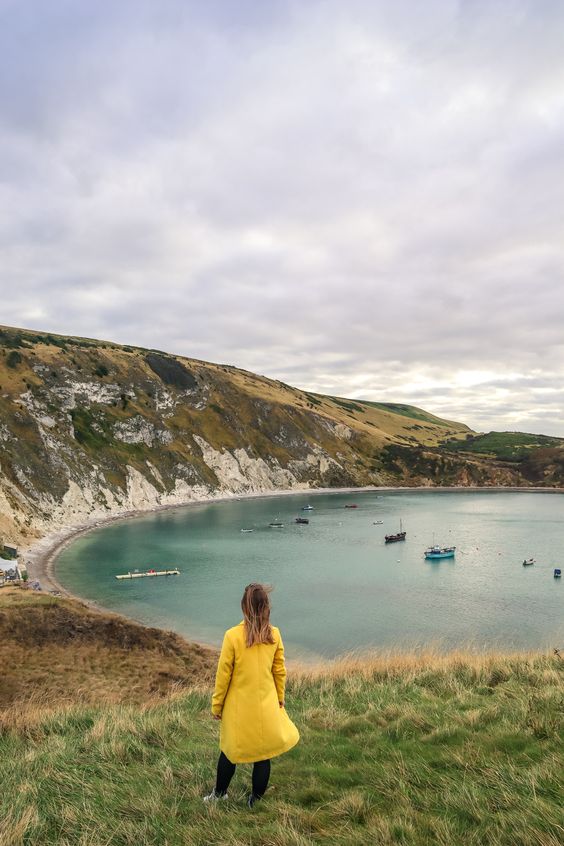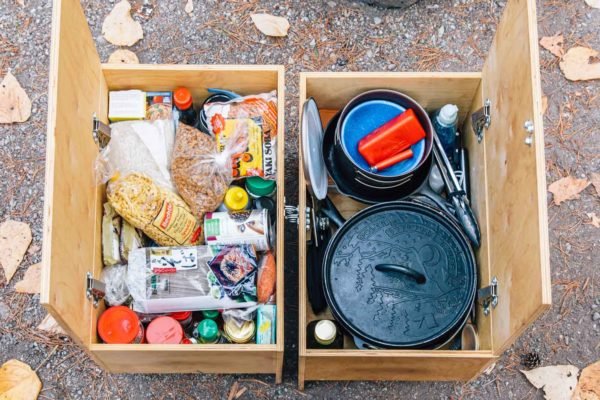
Eight Cheap Camping Tips Guaranteed to Make Your Outdoor Adventure a Bit More Agreeable

You learn a lot about yourself when you camp. Your patience will be tested when pitching a tent or building a fire; you’ll see food from a whole new perspective; and you’ll understand that sleeping on the ground with little else than a nylon sheet protecting you actually feels pretty awesome.
Camping sure can be a fantastic way to enjoy the outdoors, and is typically inexpensive compared to flying overseas. Generally, people think camping is cheaper than stopping in hotels or Airbnbs for example. Nevertheless, it’s surprisingly easy for costs to spiral.
Camping can be an expensive endeavor, especially when you factor in the cost of necessary gear such as tents, ground mats, sleeping bags, air beds, and cooking equipment. Even before you book a pitch, you could easily end up spending hundreds of dollars. However, there are numerous ways to save money on your next camping trip. If you’re on a tight budget, don’t worry – the great outdoors can still be a wonderful experience. In fact, there are many resources available to help you save money and make the most of your camping adventure. For instance, you might find that a camping guidebook or website is a great resource for campers, providing helpful tips and advice on how to camp on a budget. Also, you can transform your vehicle into a cozy bedroom on wheels with the TrunkMate sleeping platform to provide you with a comfortable and restful camping experience.

1. Borrow camping equipment
If you’re on a budget and planning to go camping, borrowing gear from a friend or family member who frequently camps is a great idea. It doesn’t hurt to ask, and you could save a lot of money if they agree. If you don’t know anyone who camps, try searching for affordable gear on outdoor gear websites like LegendArchery.com or consider renting gear from a local outdoor gear store. When borrowing, make sure to take good care of the equipment and return it clean and in good condition so you can borrow it again in the future.
2. Buy second hand
If you’re not fussed about having brand new camping gear, why not buy them second hand? People are forever selling their old tents and matts that they may not have even used, or have only used once or twice. Check out your local buy and sell sites – Facebook Marketplace and eBay are great for this – or ask friends and family if they’re selling any of their old gear, you could even head out to a local Car Boot Sale.
3. Utilise your home essentials
While sleeping bags are recommended, they’re not always essential! Take your pillows and duvets from home as it can be a much cheaper way to keep warm and comfortable in moderate conditions. Also, don’t spend fortunes on specialist cookware, use your old pan and some essentials from home to save heaps of money.
4. Share your things
If you’re camping in a big group, it’s wise to share the cost of all the essentials. There’s no need to duplicate some of your camping equipment when you can easily share!
5. Plan your meals

Be forward thinking when planning your next trip. Plan what you will eat and pack accordingly. The last thing you want to be doing is spending over the odds in on-site shops for over-priced goods you could have easily brought with you. Also, try and plan meals which are simple and low-cost.
6. Bring your own firewood
Many campgrounds charge for their firewood so the costs can soon add up if you are cooking on the campfire each night. You could either bring your own or alternatively spend the afternoon wood collecting once you have set up camp. Afterall, most campsites are situated in wooded grounds so make the most of your surroundings.
7. Buy a portable grill
You may be tempted to bring a few disposable BBQ’s with you on your next camping adventure. However, not only can the price rack up if you’re buying 3 of 4, but they are also bad for the environment. Portable grills do the exact same job and are pretty inexpensive so they’re definitely worth the money.
8. Camp during the off-season
Not only is it less busy during the off-season, but at the bigger campsites, facilities typically cost a little less during these periods so it’s wise to visit during these times if possible, to save some extra cash.














































